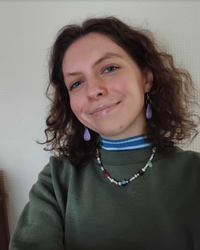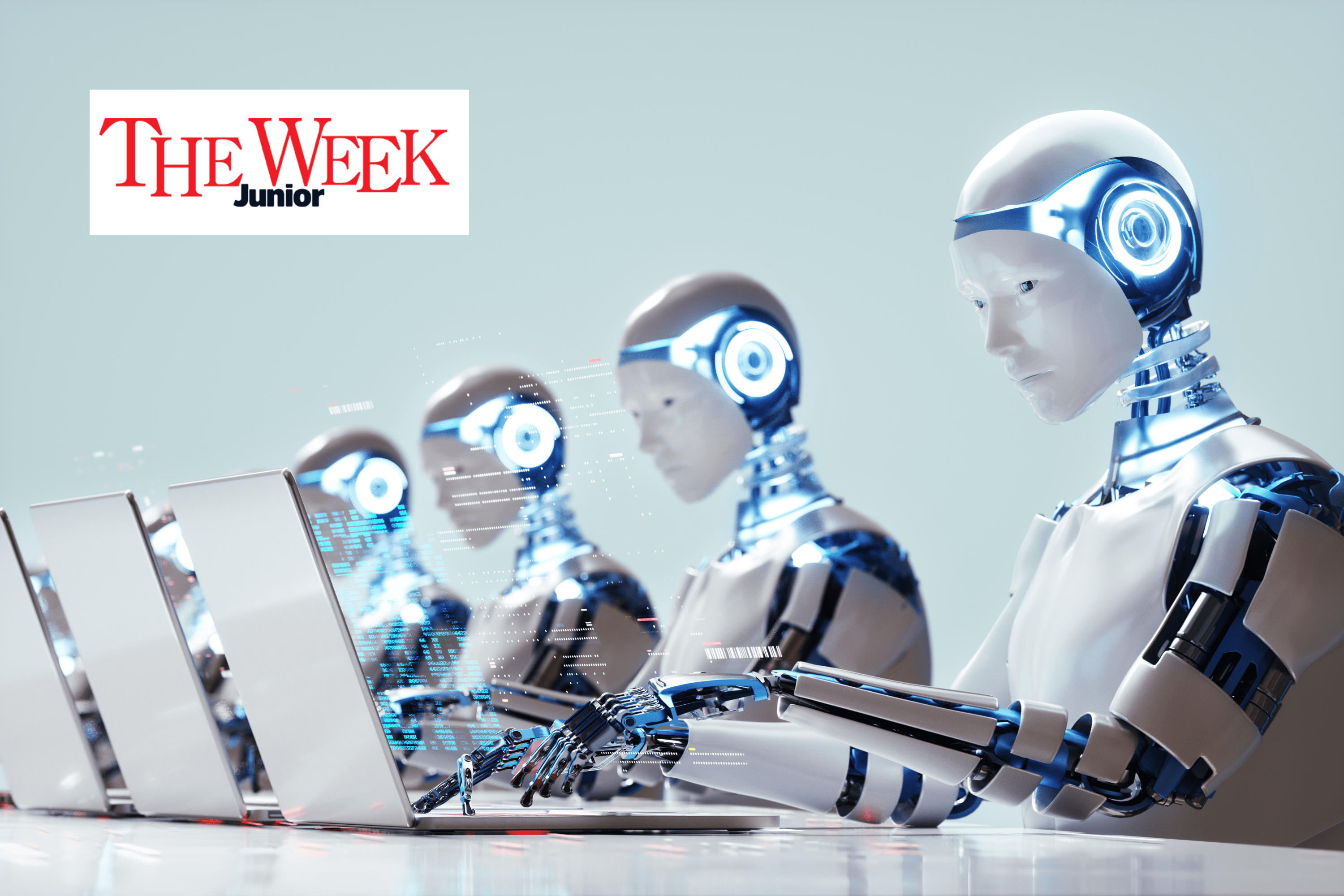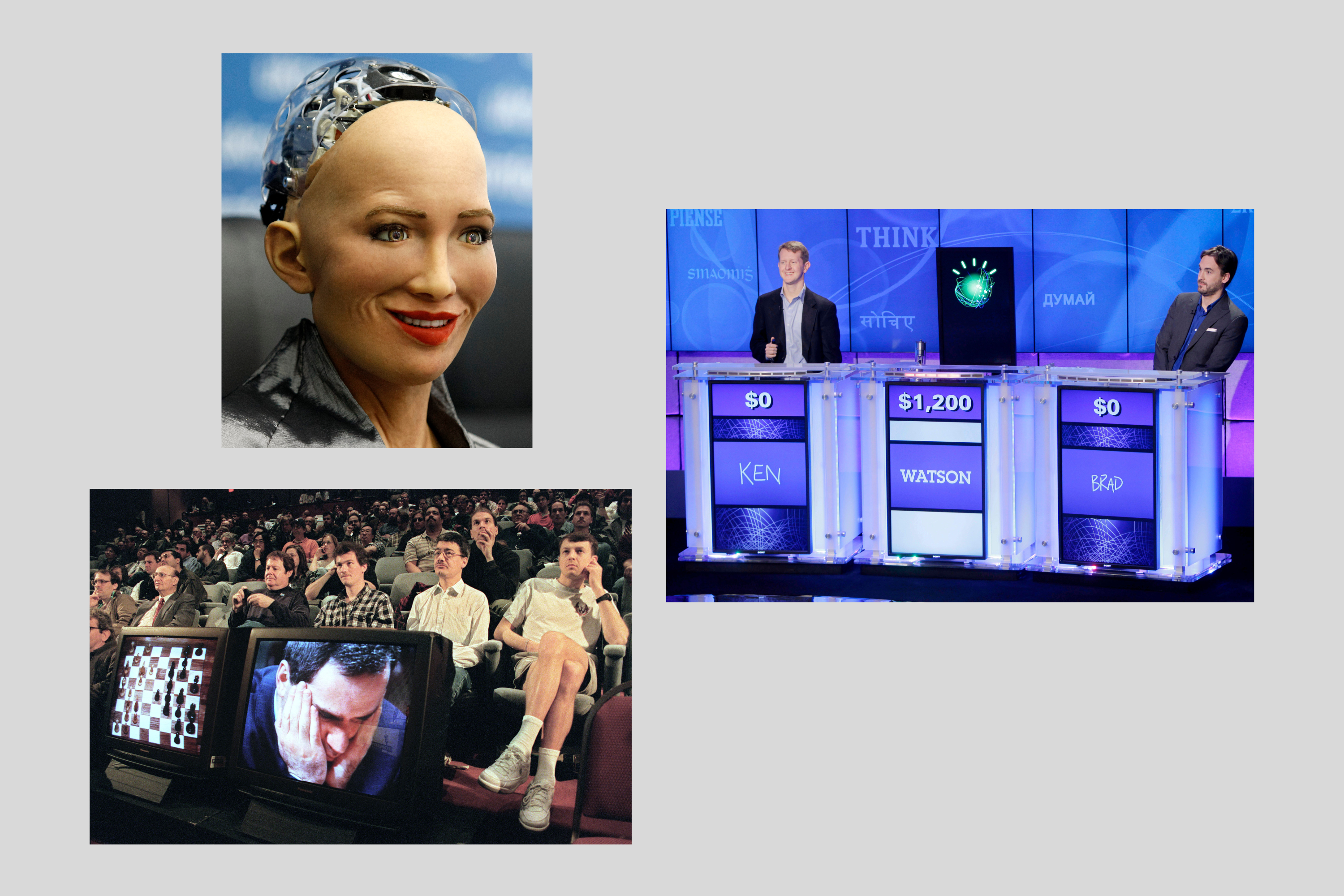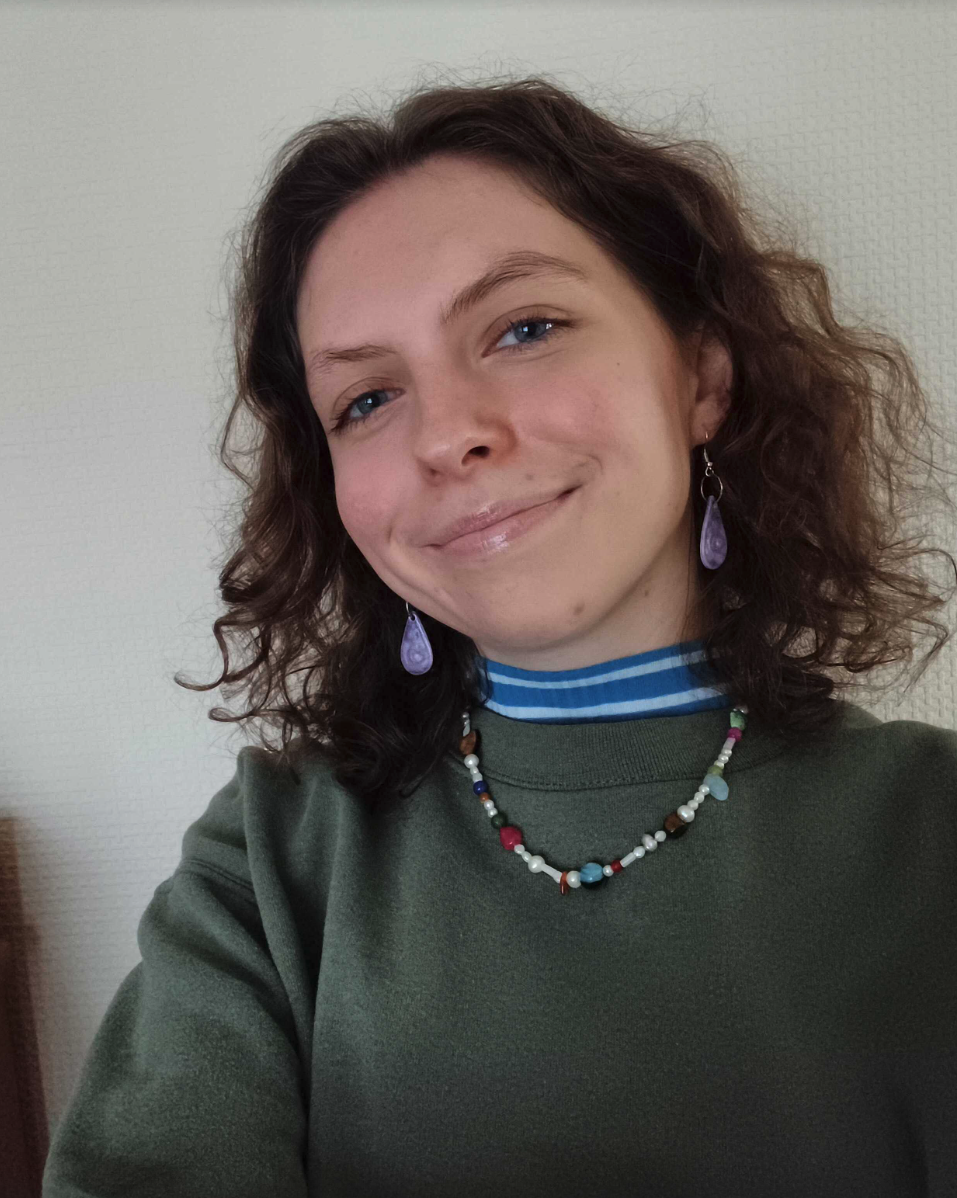Computers that can think for themselves – an AI explainer for kids by The Week Junior
How artificial intelligence is changing the way we live


More than 50 years ago, a famous British band called the Beatles split up. They haven’t recorded any music together since then, but artificial intelligence (AI) has helped to create one last Beatles song.
This is just one of the ways that AI is changing the world and how we live – with smart voice assistants, such as Siri and Alexa, self-driving vehicles and software that can write essays and songs. As technology improves, the use of AI is spreading.
"Artificial intelligence" is a computer system that can do things that usually require human intelligence. These include solving problems, making decisions and learning. AI can be taught skills using a process called machine learning. Humans give the system information, such as books, photos or videos, to train it. The more data the system studies, the better it can do its job. AI and robotics aren't the same – not all robots are intelligent. Some are just programmed to carry out basic tasks that don't require intelligence.
The invention of AI
In the 20th century, scientists began to wonder if computers could think like us. In 1950, the British mathematician Alan Turing created the "Turing test" to see whether a computer is intelligent. During this, a human judge puts questions to a person and a computer at the same time. Both answer the questions, and the judge must decide which answers came from the human. If the judge can't tell the two apart, the computer is intelligent. Many people believe AIs that can write, like the ChatGPT system, have already passed this test.
How AI is being used
AI is part of everyday life. It can study lots of information and from that work out what is likely to happen next. Self-driving cars, for example, use AI to make decisions. Sensors detect a person crossing the road and tell the car to stop.
When you watch Netflix, AI can see which TV shows you like and suggest others you might enjoy. In hospitals, AI can study information about thousands of people to work out what might be wrong with a patient from their test results.
Tools like ChatGPT can write computer code, essays, stories and even solve maths problems. ChatGPT uses existing work to create its own. Similarly, for the new Beatles song, AI took a recording of singer John Lennon's voice from an old-fashioned cassette tape and used it in a new way.
Parenting advice, hot topics, best buys and family finance tips delivered straight to your inbox.
The future of AI
Some people worry about how AI might affect their jobs. If computers can create images, music and text, could artists, musicians and writers one day be replaced? Many people also fear that AI could be used to invent and spread very convincing lies. Even those who work in AI say there should be rules about how it is used.
However, AI can spark creativity too. An exhibition called Beyond the Light in New York led visitors through the cosmos, thanks to an AI that used pictures from the James Webb Space Telescope. AI is very good at suggesting drugs to treat diseases and can even invent new medicines. It can help us fight climate change by finding clever ways to reduce our energy use, and helping us get more out of solar panels and wind turbines. One day it might even find a way to solve our energy needs completely by helping us to recreate nuclear fusion, the process used by the Sun to create heat and light.
Three big steps for artificial intelligence

- Chess champion beaten: On 11 May 1997, a computer called Deep Blue beat the world chess champion, Garry Kasparov. Deep Blue could consider up to 200 million chess positions a second and was so good that Kasparov believed it must have been controlled by a person.
- Computer wins TV game show: In 2011, a supercomputer called Watson won Jeopardy!, a TV game show. Watson was up against two of the most successful players to take part in the show – but still beat them. The computer was trained for more than three years to answer Jeopardy!'s riddles and complicated questions.
- The world's first robot citizen: In 2016, a company called Hanson Robotics activated the world's first robot citizen, Sophia. Her software uses AI to help her talk to people and use facial expressions. In 2017, she was made a citizen of Saudi Arabia. Hanson Robotics has created more robots, including Grace, a nurse, and Desdemona, a poet.
This feature was originally published in September 2023 in The Week Junior, which is also owned by Future Publishing.
Subscribe to The Week Junior
Get your first 6 issues free - saving £21 - when you subscribe to The Week Junior magazine. Continue on subscription and pay just £33.99 every 3 months, saving 25% off the cover price, unless cancelled in the trial period.

Eve has been a staff writer for The Week Junior for more than two years. She writes a wide variety of stories, including news from the UK and around the world, the latest breakthroughs in science and technology, and features about upcoming films, shows and exhibitions. She also interviews lots of different people, from children's authors to sportspeople to film directors. She has a Masters degree in Physics with Astronomy from the University of Nottingham, and also writes for The Week Junior's sister magazine, Science+Nature. Every week, she writes the script for The Week Junior Show, a podcast where members of The Week Junior team share their favourite stories from the magazine.